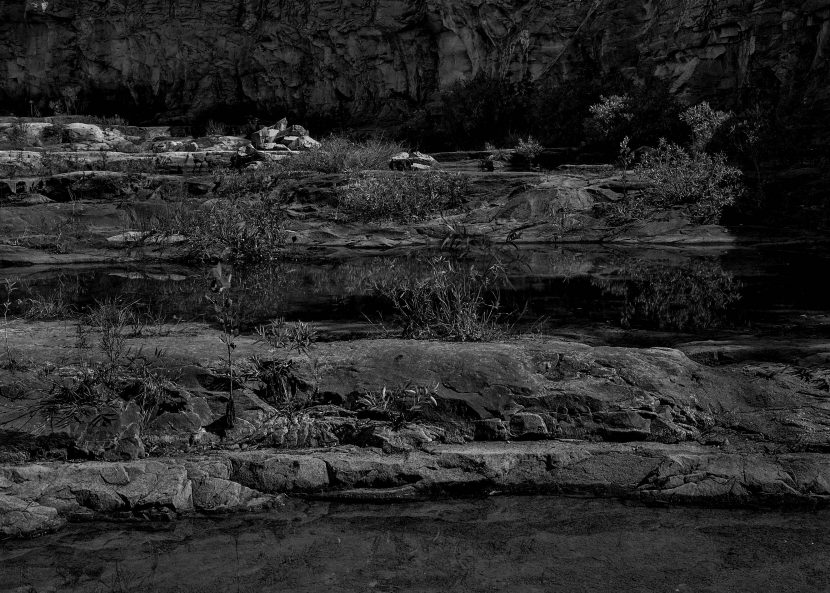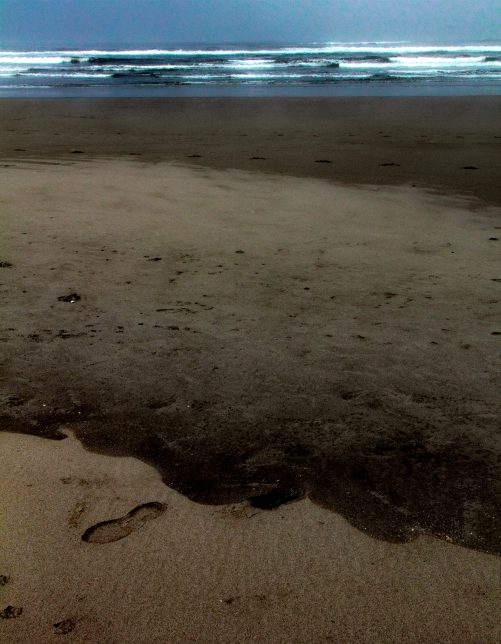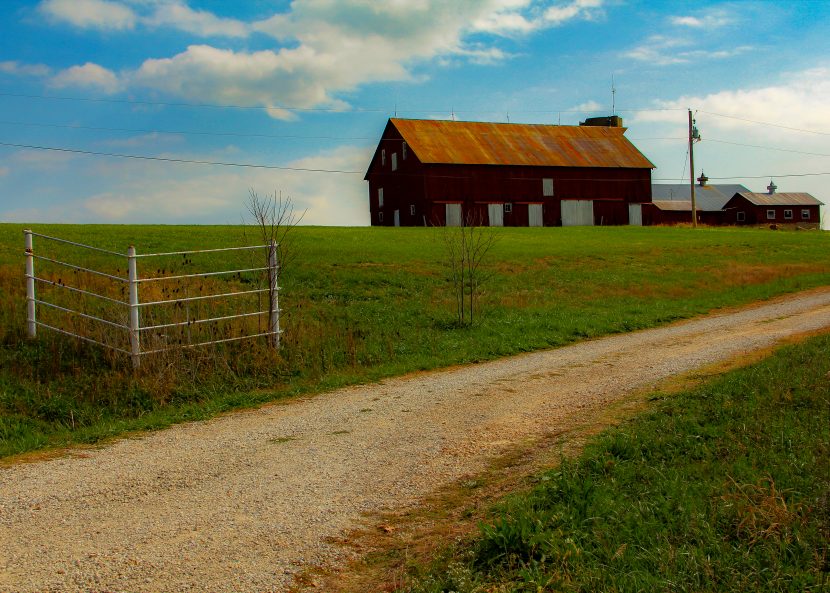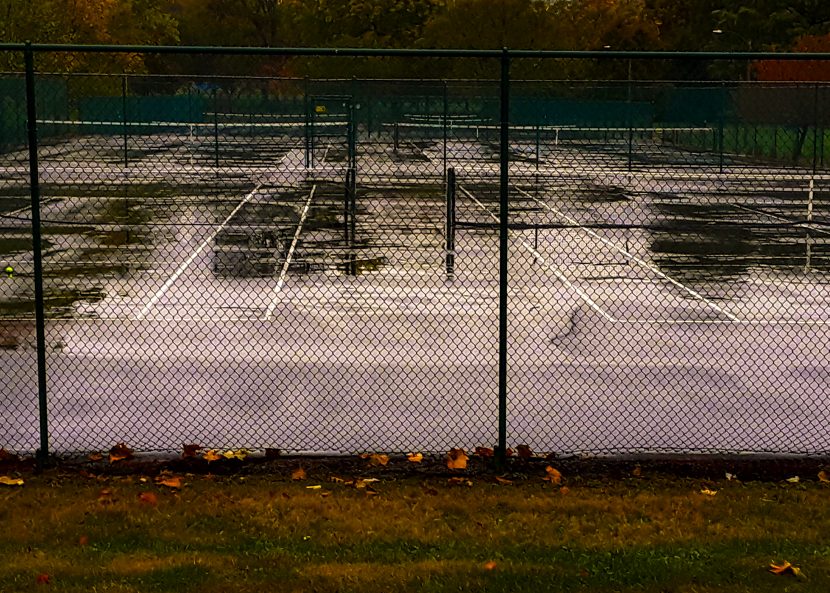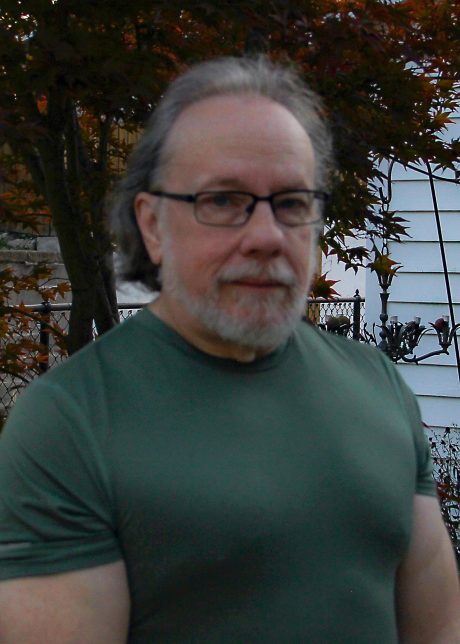Richard Nixon lost the 1960 election to John F. Kennedy by basically one vote per district across the country. Contrary to the popular myth that grew up around JFK, he was not even close to a landslide, and had Nixon challenged the outcome in court, which many of his advisors were urging him to do, history might have been different. Nixon demurred. He said he refused to be the cause of a constitutional crisis, took his loss, and congratulated Kennedy. Despite who he was and what he later did, he had a line he would not cross.� For the good of the country.
Nixon’s later administration set the conditions which eventually brought us to this year.
Nixon was still part of a culture that embraced common goals between adversaries. Simply put, both Democrats and Republicans believed in the same basic principles, they simply differed on the appropriate paths forward. Oh, certainly there were disconnects, but there had been a core of ideas and aims held as givens.
That no longer seems to be the case.� For large portions of the electorate, it would appear there are wildly different outcomes desired. The possibility for working across the aisle, compromise, and envisioning a common future has fractured. The exaggerations fueling the animosity are becoming more pronounced, to the point where at times it seems two completely separate languages are being spoken, languages which share vocabularies and even syntactical and conceptual similarities, which are becoming more and more unintelligible to each other. What the two sides mean by things like Progress, Patriotism, Tolerance, Law, and Rights require interpreters.
I have been wondering for years now just what some people want to see happen. What do they want their country to look like if they win?
With the era of Trump, I think I know what those who support him, even now, want. Partially anyway.� If I’m even close to correct, I can definitively say it is nothing I want. More than that, it is not something they’re likely to get even if they somehow get their way politically.
When one works through the rage, the foul language, the insults, the chants and slogans, it sounds like the goal is an American Empire that acts entirely by decree. But decree that is almost entirely directed outward, at the rest of the world. The Mexican border wall is exemplary of this. Keep the world out. Keep what is American in, at least in terms of ideology, wealth, and community. Tariffs go hand in hand with this.� Certainly much of this has to do with jobs.
Following upon this is some vague desire that the economy be one which supports a large middle class that is somehow self-sustaining. One based on high wages and low prices and rests upon the dominance of American manufacturing, which should be mostly if not entirely contained within the borders of the country. It should be robust enough that some version of the single-income household can re-emerge so the culture itself ceases to be whipsawed by questions of equity fueled by low wages which require segments of society to seek work when that same culture wishes them to labor inside the home.
And all of this is to be achieved without regulations or unions or systemic wealth redistribution.
There are pundits and ideologues aplenty telling us all this can be done, but for liberal influences which privilege multiculturalism, globalization, and a variety of individual empowerment programs that seek to hamper industry, destroy the family, and deny American Exceptionalism. Charts, graphs, power-points, and pedigreed lectures reinforce the belief that we have lost our way because some of us are at heart anti-American.
The possibility of achieving this utopia of nationalist privilege is unquestioned in this instance. Facts, theories, projections, and basic reason notwithstanding, the aesthetic triumphs because accepting anything else is terrifying.
The possibility of sitting down with those so frightened is small, because fear impedes the ability to reason, which is itself terrifying to those trying to reverse damages seen as suicidal in their unchecked eventualities.
The point, though, is that we are confronting less a set of principles than an aesthetic movement. I have suggested for years that a certain element of rightwing malcontent is not doing this for sound economic or political reasons so much as it hates what the country looks like. Momentum has been gained because opportunists have fed them on their own bile for a long time. So much so and so effectively that now some of them are all but apologizing for what they did because they didn’t think it would go this far. The manipulations are not, therefore, theoretical—the Kochs and the Murdochs have admitted it—and were done for simple greed and power.
The simple reality is that people make poor decisions when they’re afraid and buy all kinds of stuff along the way. Keeping the pipelines open has been the primary aim of these people. Pipelines? The ones the money flows through.
Wartime economies run hotter than peacetime economies. We have been operating on such a footing since Vietnam. Well, since WWII really, and that military-industrial complex Eisenhower warned us about is anxious to maintain the flow of capital.
It is an absurdity to suggest that someone, anyone—say, Jeff Bezos—“earns” seventy billion dollars in five months. It only goes to him because that is how the system is set up. This is hydraulic capitalism and it has nothing at all to do with “deserves” or “earn” or “make” or, really, fairness. But by keeping enough people frightened of the world more or less constantly, the political and social will to change it simply never coalesces.
And now add to that this aesthetic element fed to people about what America “ought” to be, and the confusion multiplies.
But wait. Such a machine cannot operate as well as it does without a certain truth to its claims.
Globalization has impacted our economy, in some ways negatively. When you are losing your business it is difficult to look at the so-called bigger picture. And both political parties have for a long time served the same masters at the expense of the middle and working class. And the poor? Individual politicians have cared, here and there and from time to time, but the poor have been disenfranchised as a matter of course and thus do not vote, at least not in sufficient numbers to be heard. This is the unfortunate legacy of those days when both parties shared broader goals and only argued over the details of how to Get There. It is easy to understand, if we care to, how someone like Trump can come along and persuade a lot of people to vote for him when he poses as their champion against a common enemy—Washington. We cannot forget that many who voted for Trump in 2016 would have readily voted for Sanders, who is about as opposite as one can get from Trump, but who represented the same possibility—overturning the D.C. applecart.
The utility of that possibility was and is debatable and we will discover in what ways in the coming months and years, but both were lightning rods for a basic frustration.
What we have now is a roiling mass of inarticulate dissatisfaction that has grown into a social movement, and social movements are often aesthetic as much (if not more so) as political.
Aesthetic?� Look at the targets. LGBTQ rights; separation of religion; the rage over immigration; the dichotomy between demanding one set of social conformities be put into place while others be rejected, often with extreme prejudice. And, as always in this country, issues of race. Any one of these can be demonstrated to be strawman issues, but appearances—ah, appearances, and what they say about who we want to be.� Or at least be seen as. Absent the concrete aspects arising from analysis and an understanding of the components of social dynamics, the aesthetics become the binding commonalities of what amount to tribal affiliations and roll onward as if all the rest needed for cogent response to civic policy were already part and parcel of the call to action.
Unfortunately, this makes it all the more difficult to address, because it is very like ( a perversion really, but still) of matters of taste.
For my part, I reject the basic aims of this mass of inappropriately-named conservative ends. They are illusory for one thing. Hollywood codifications of far more complex phenomena. For another, we long ago passed the point of comfortable isolation. We no longer live in a world where we can ignore each other. Globalization may have been poorly handled (although I defy anyone to explain how something that dynamic can ever be “handled”) but it is inevitable. We all live on a single planet, and we have run out of room to run away from the effects we have on each other. We can’t behave like lone gunmen anymore.� Too many people will get hurt, killed, and our own legacy will be one of ignominy and ruin. We here cannot close the borders, either physically or culturally, and hope to survive, and if we keep trying the world will abandon us and we will not be part of a better future.
We have for a long time been reversing the shambles of Babel, but recently it seems some of us are trying to reinstate the fear of that idea, when everyone was utterly alone and terrified because no one could speak to each other.
